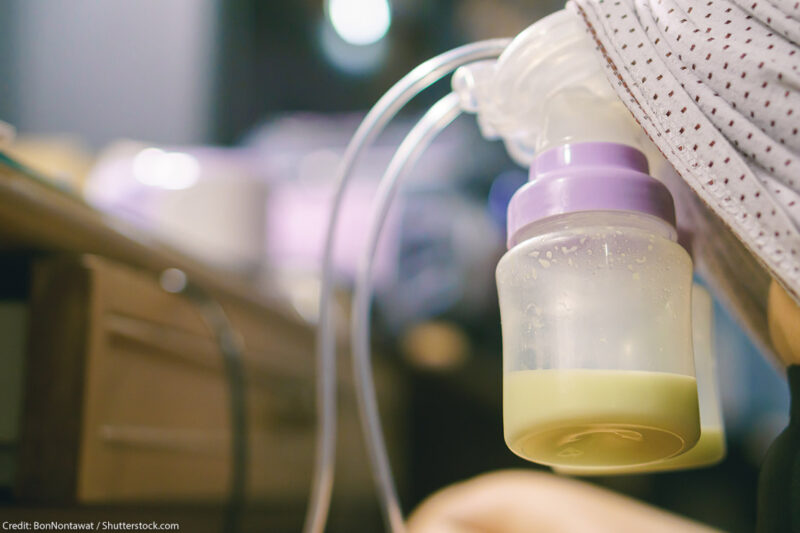We Need the PUMP Act to Protect Nursing Workers Like Me


As a woman working on Amtrak, first as a conductor and later as an engineer, my job posed challenges in many areas. At times it wasnโt easy being the only woman on board. But, like most of the female employees that came before me and worked alongside me, we made it work the best we could.
It wasnโt until I became pregnant in the spring of 2019 that I discovered how hard it would be to work for the railroad as a woman and, more importantly as a breastfeeding mother.
When I learned I was pregnant, I was nothing but smiles and happy tears. Making the decision to nurse my second baby was not a hard one for me. I had my first child at the age of 21. Although it was also a time of smiles and happy tears, I was young and struggled, and ultimately, I was not able to successfully nurse my daughter. Determined to not let that happen with my son, I made sure I had the support needed to be successful this time around. With a โNursing Mothers Policyโ in place at Amtrak, I felt confident that I was going to be able to give my son one of the greatest things I believed a mother could provide: my breast milk.
As my due date grew closer, I let my point of contact for HR know that I was planning to breastfeed and would need to pump milk during the workday. She simply responded, โThey are not going to let you do that.โ Unfortunately, she turned out to be right.
I reached out to HR about having the pumping break time and space I needed to continue breastfeeding. But the company refused to accommodate my health needs.
My son, born at 38 weeks, brought so many emotions to our family. We spent the first 17 days of his life in the NICU. I was told that my son was fighting for his life, and we needed to be prepared for the worst. As he got stronger, I was filled with joy at every breath he took. And I was grateful that breastfeeding was working out this time around.
As the end of my maternity leave approached, I reached out to HR about having the pumping break time and space I needed to continue breastfeeding. But the company refused to accommodate my health needs. The last weeks of my maternity leave were filled with emails, phone calls, and letters FedExed to my home from my employer. I should have been spending that precious time caring for my baby, not worrying day and night how I would continue feeding him after I returned to work.
I tried to find out more about my legal rights and discovered I had none. The federal โBreak Time for Nursing Mothers lawโ gives employees a right to break time and a private space to pump, but it didnโt apply to me at all, because employees who work on railways are not covered. Amtrak was refusing to comply with its own policy, and I had no rights under national law. I felt entirely on my own.
When I returned to work, I was physically uncomfortable and overwhelmed. I was at a loss as to what to do. I resorted to finding my own locations โ a dirty storage room, a locker room, empty train cars (hoping no one would walk in). Not having a sanitary place to pump meant that I mostly had to dump the milk I made. The overwhelming stress and lack of breaks affected my breast milk supply, which dropped so much that it risked my ability to breastfeed my son at all. My determination to nurse him had been taken from me, and more importantly, it was taken from him.
It turns out I was less on my own than I thought, although not in a good way. Nine million working moms have no protection for pumping on the job because of the industries they work in โ hardworking people who deserve better from our country, like teachers, nurses, and agricultural workers. The , a bill being considered right now by Congress, has support from both political parties. It would help protect workers like myself by making sure that all mothers have a right to break time and private space for pumping.
I should have never been in a position to struggle so much to nurse my son while staying employed. I should not have had to sacrifice my privacy. And I shouldnโt have had to stop nursing my son earlier than I wanted to. No new mother should have to do these things. Tell Congress itโs time to stand by working moms and pass the PUMP Act.

